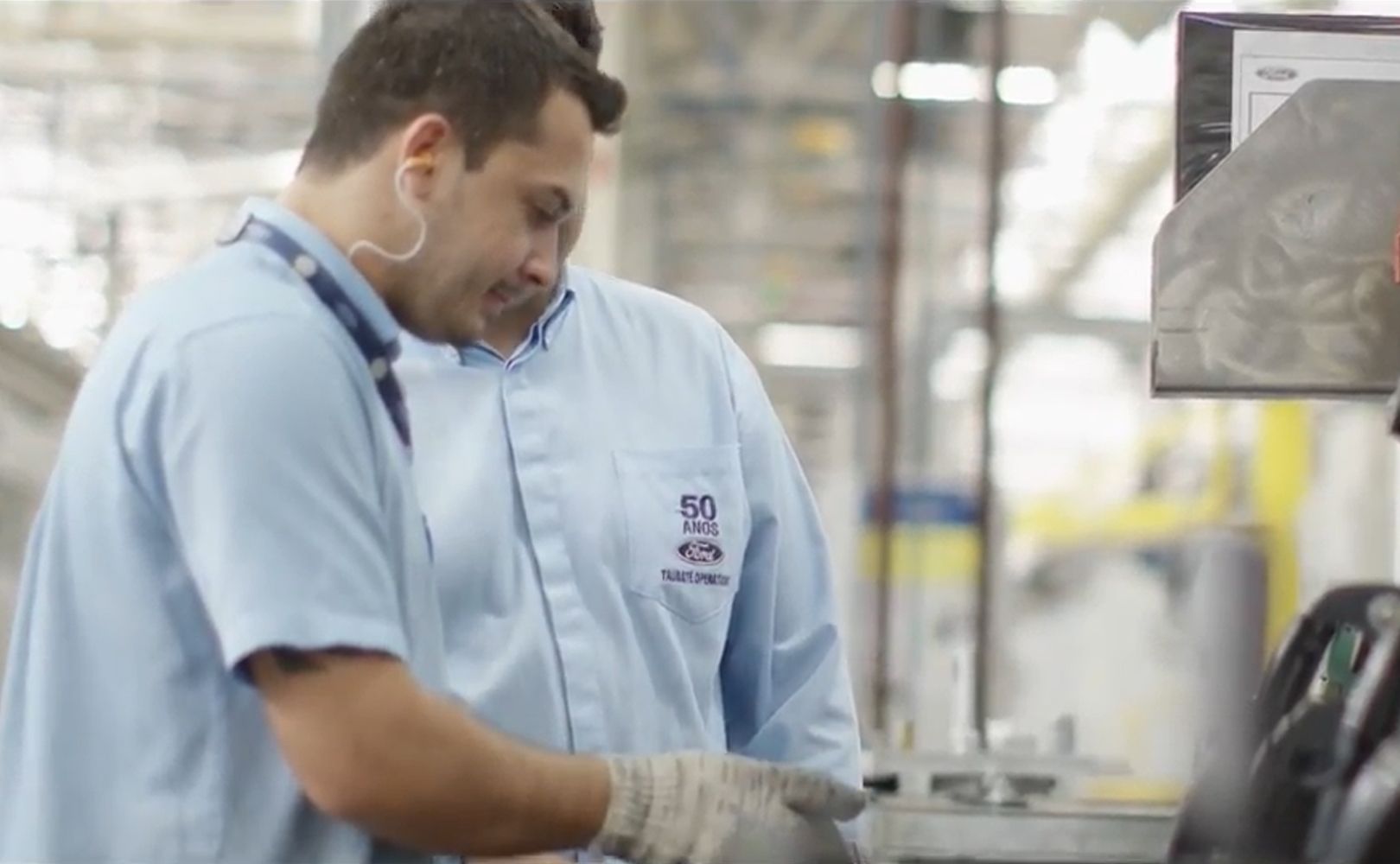At a Glance

3 primary markets: Brazil, Argentina and Venezuela

13,657 employees

8 manufacturing plants
“Ford has been present in South America for more than 100 years, and we are very proud of our deep roots and great heritage. Despite the challenging economic scenarios faced across the region during recent years, Ford has continued to invest in more sustainable operations and meaningful contributions to the communities where our employees and their families live and work.
From the many hours of volunteering service dedicated by our women and men to the rigorous management of natural resources in our plants and offices, Ford South America confirmed once again its commitment to making people’s lives better through innovative products, efficient services and responsible operations.
Looking ahead, we will remain focused on delivering exciting vehicles and great experiences to our customers, who are in the center of our decisions, but never losing sight of our responsibility as an active corporate citizen of the South American automotive industry.”



